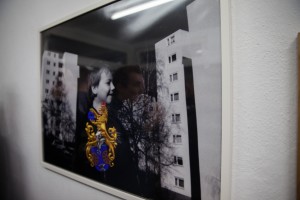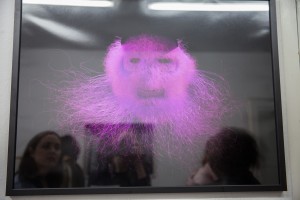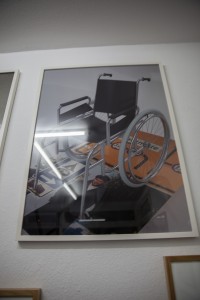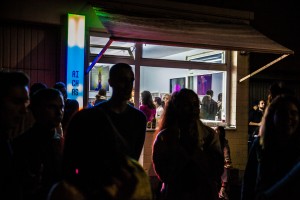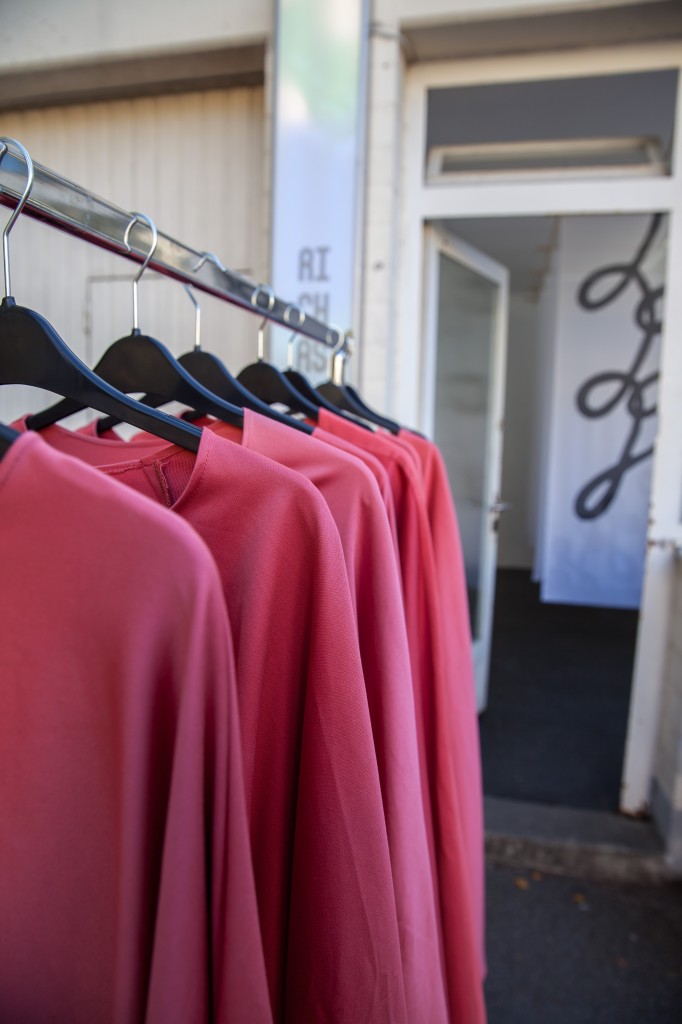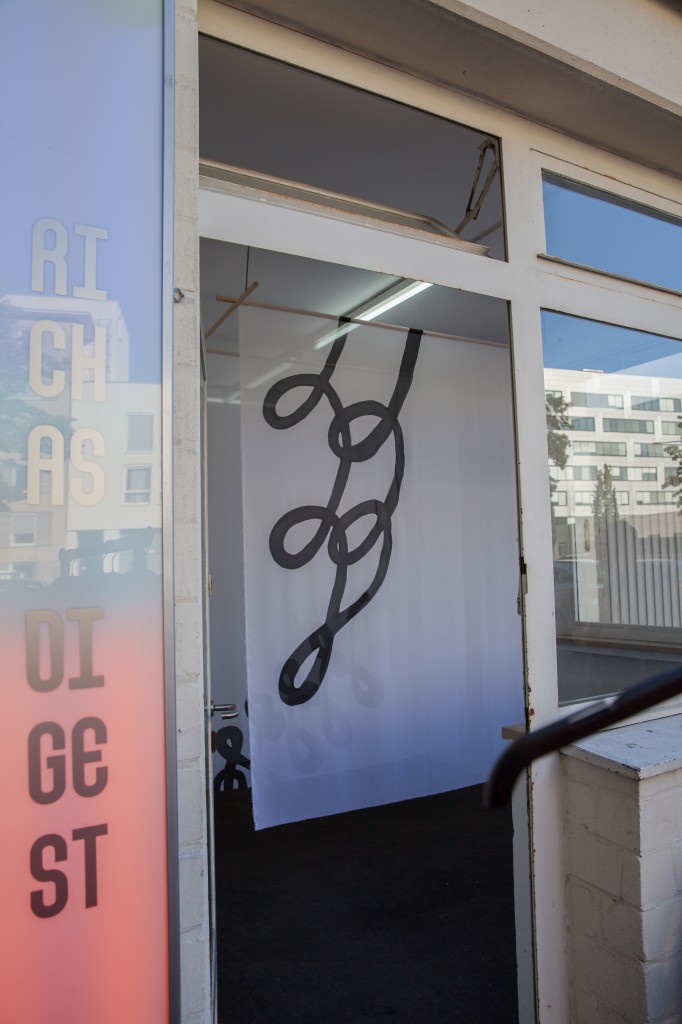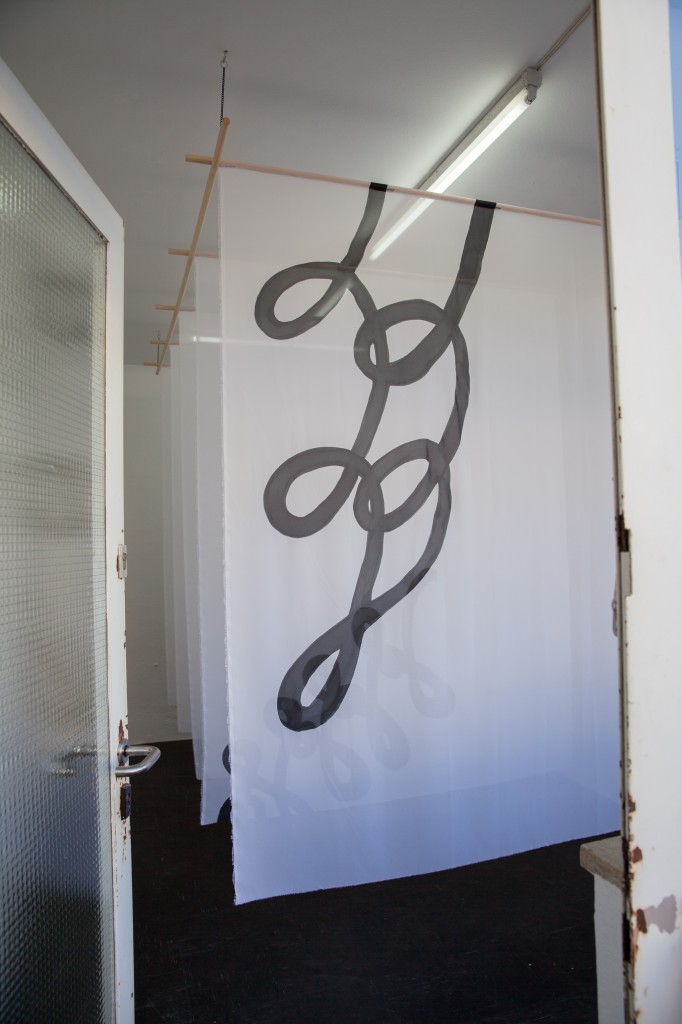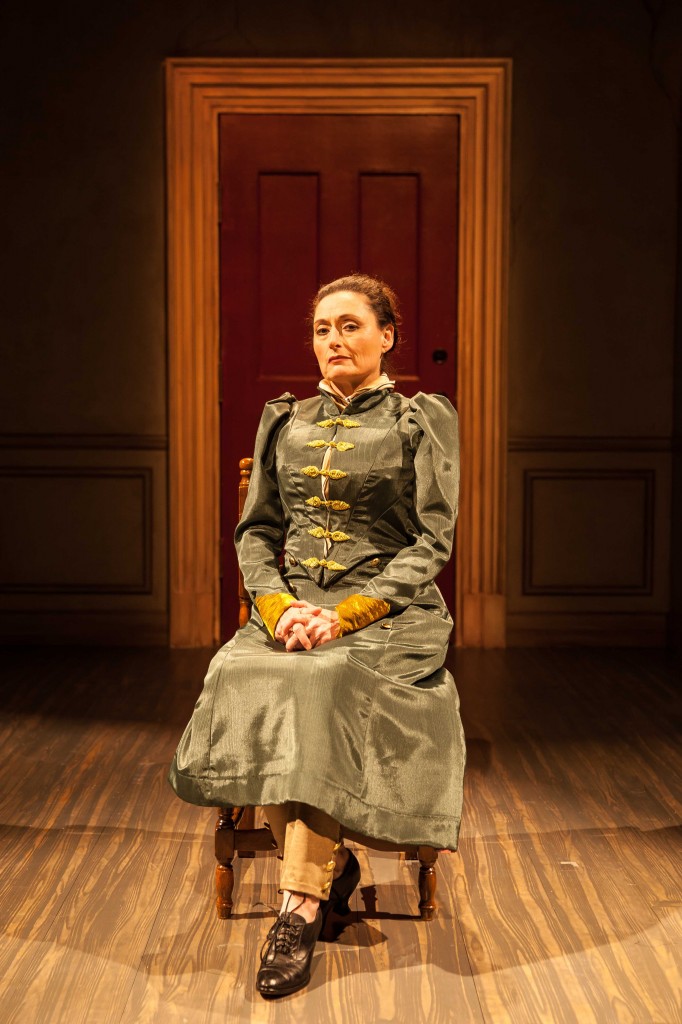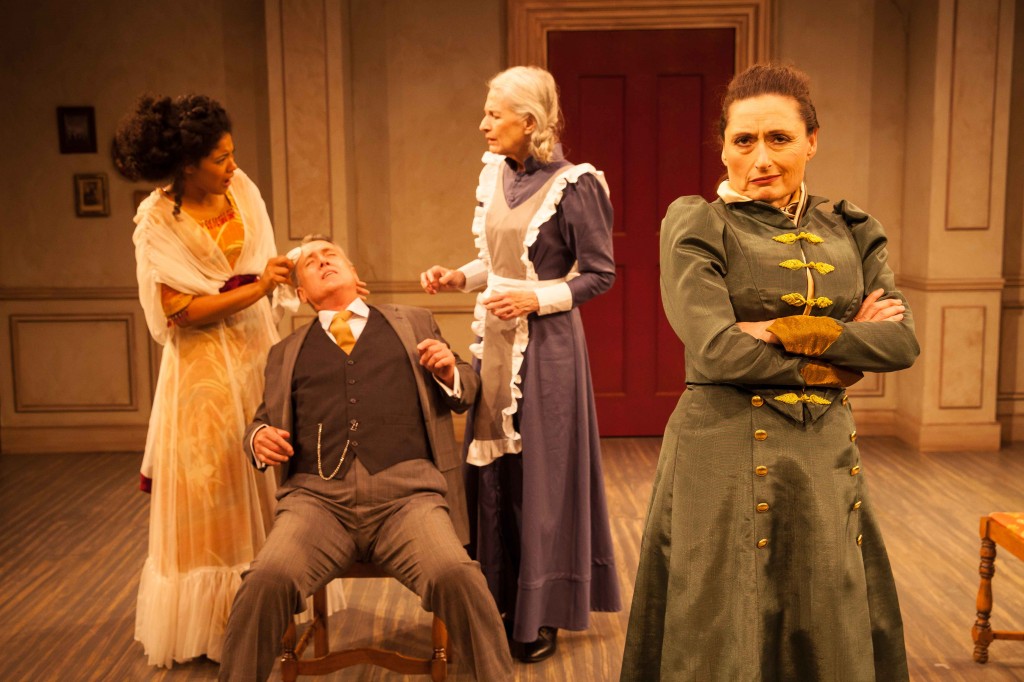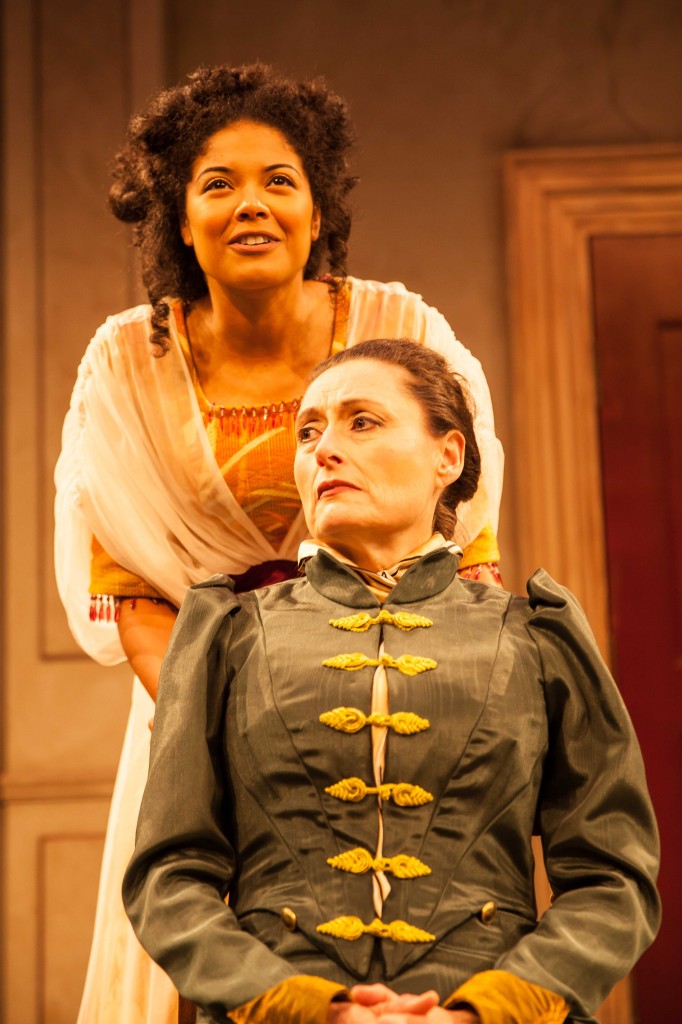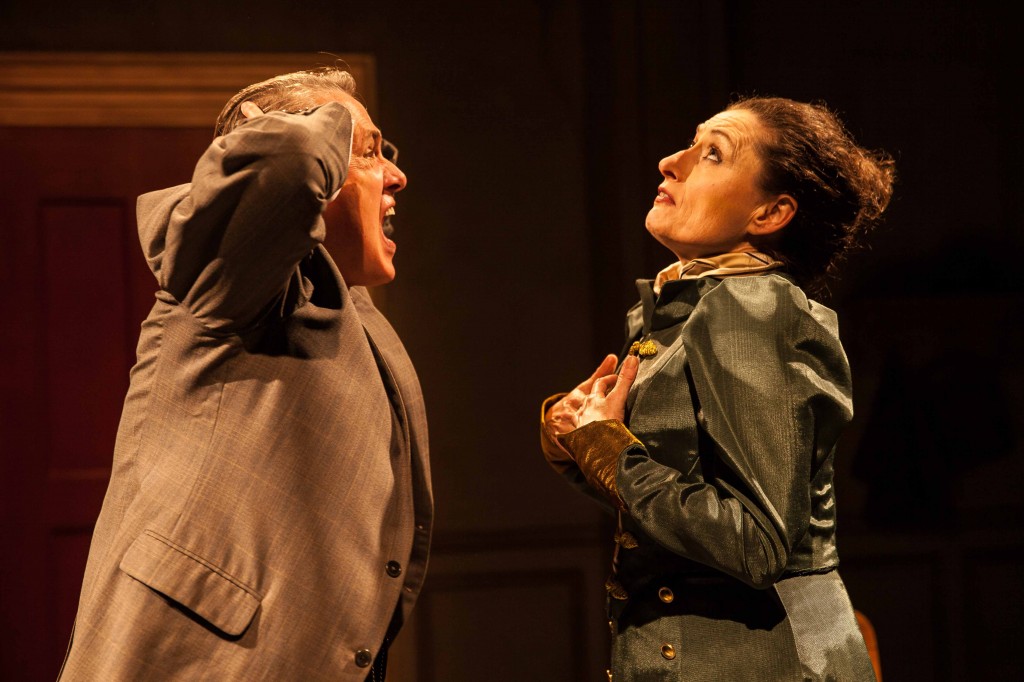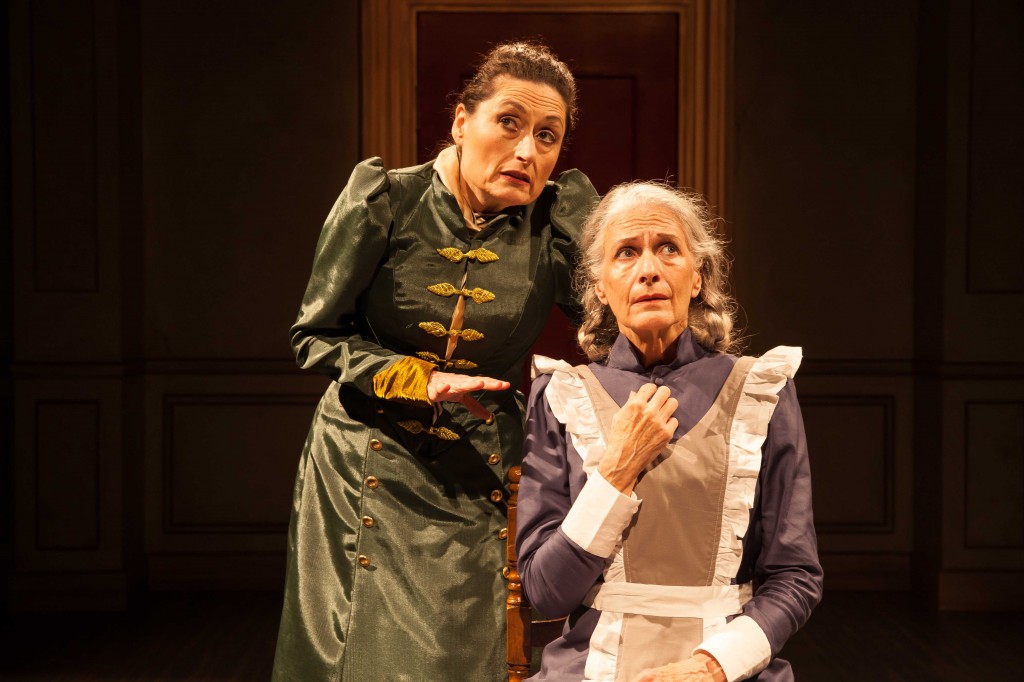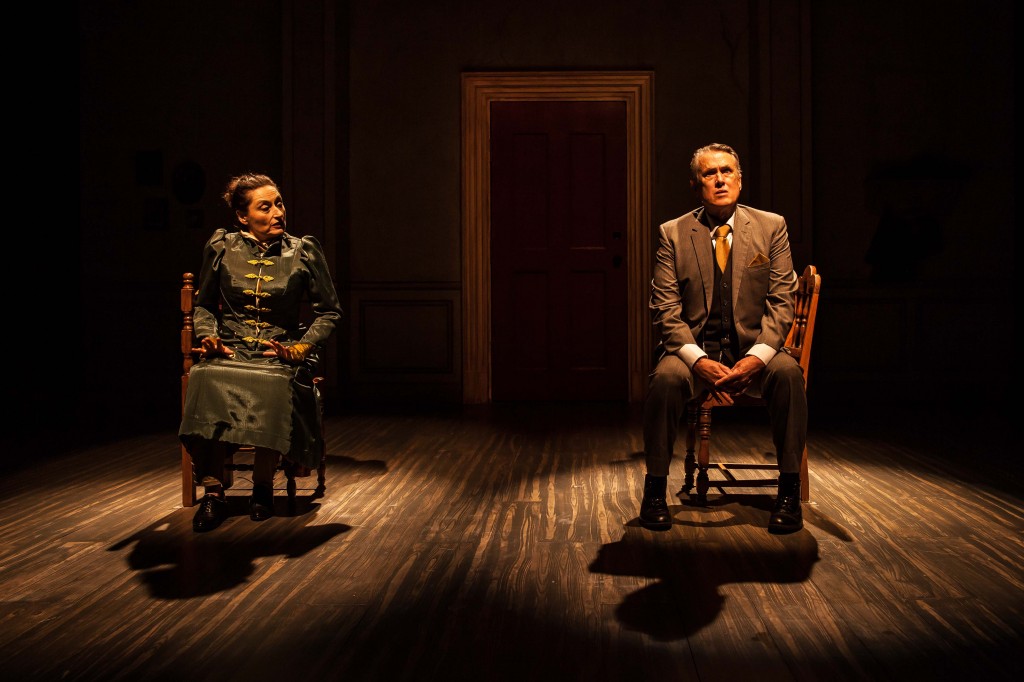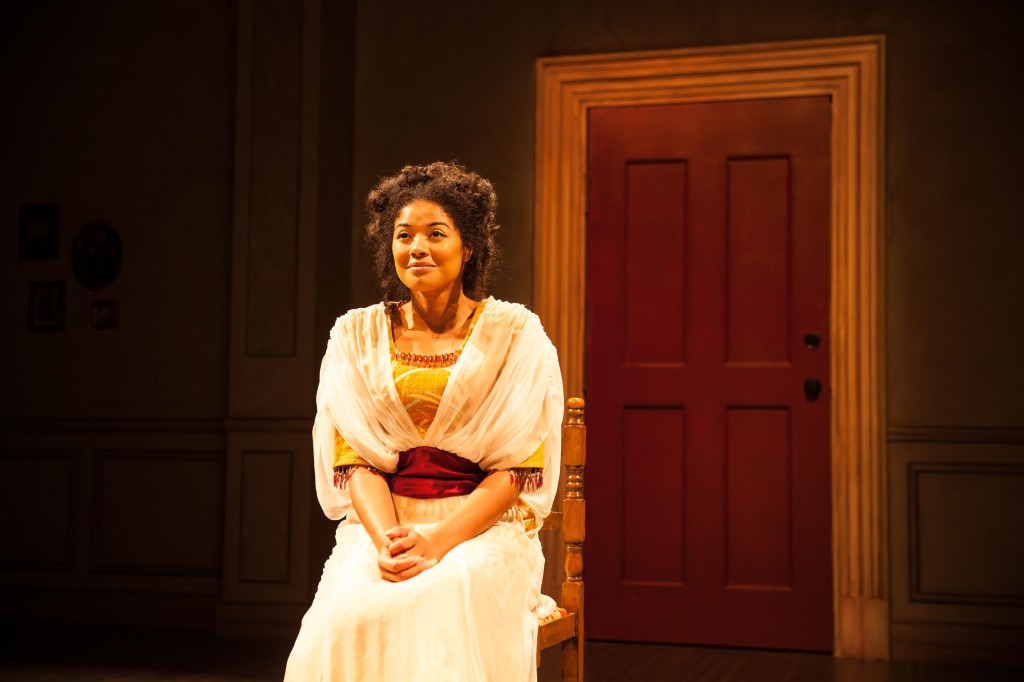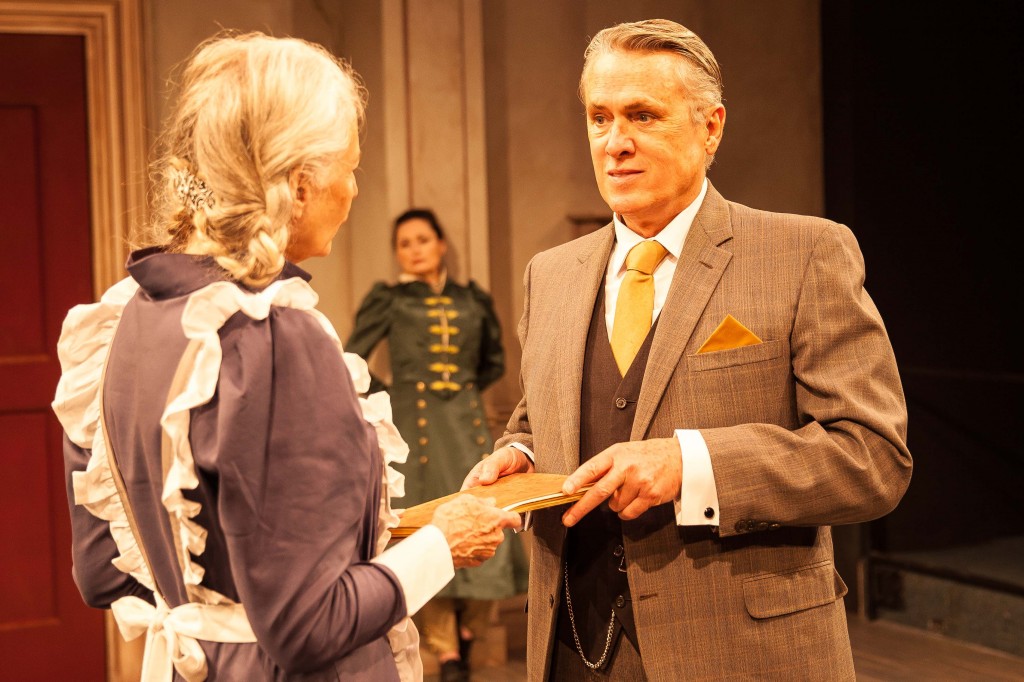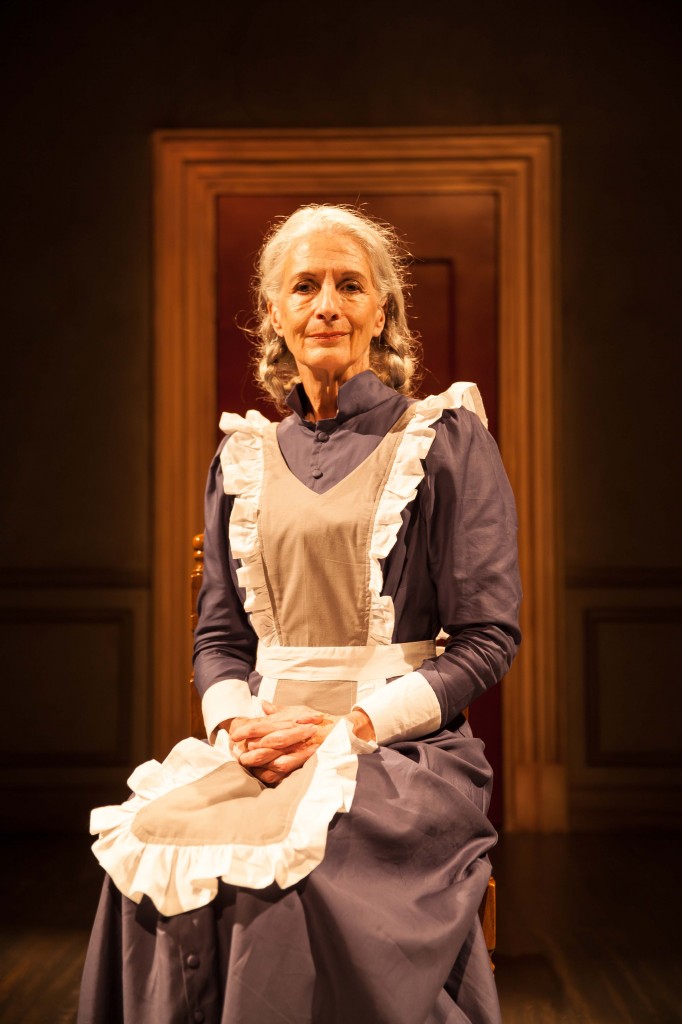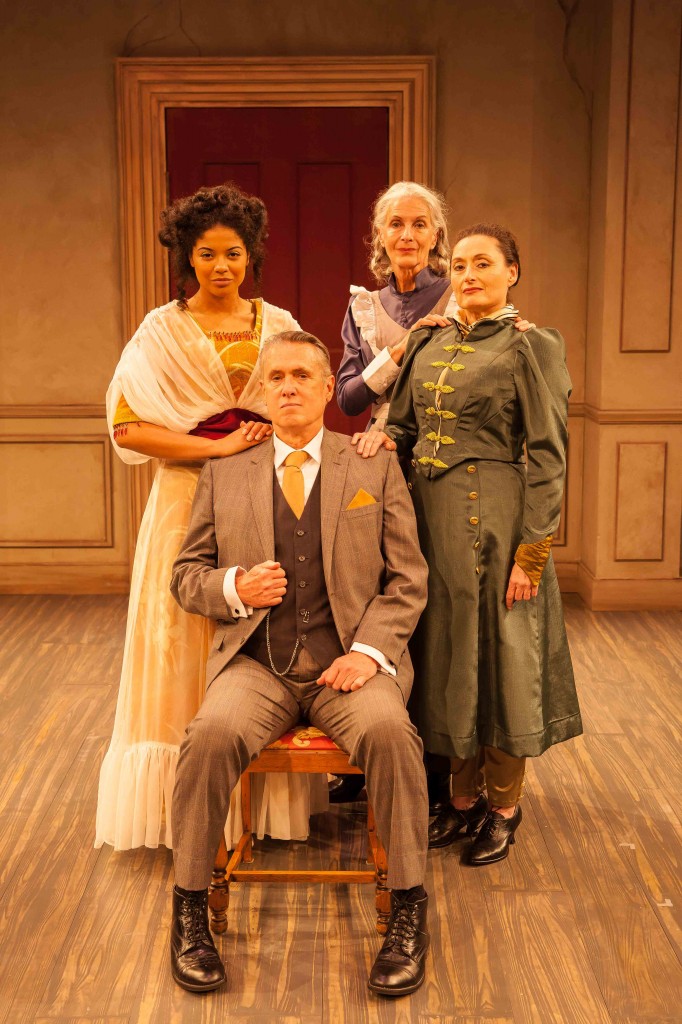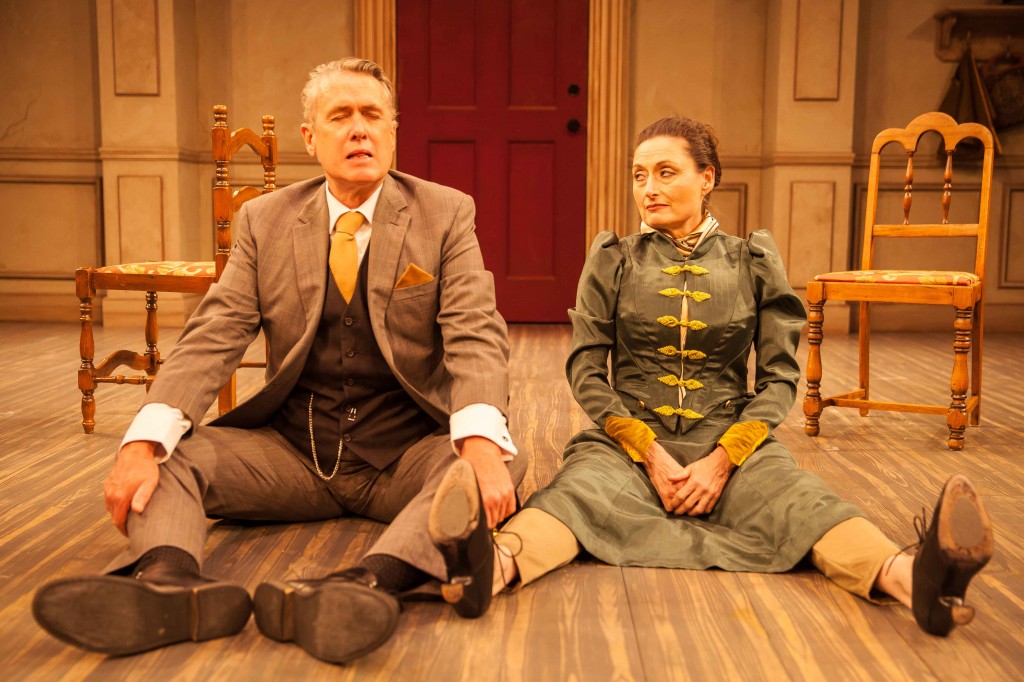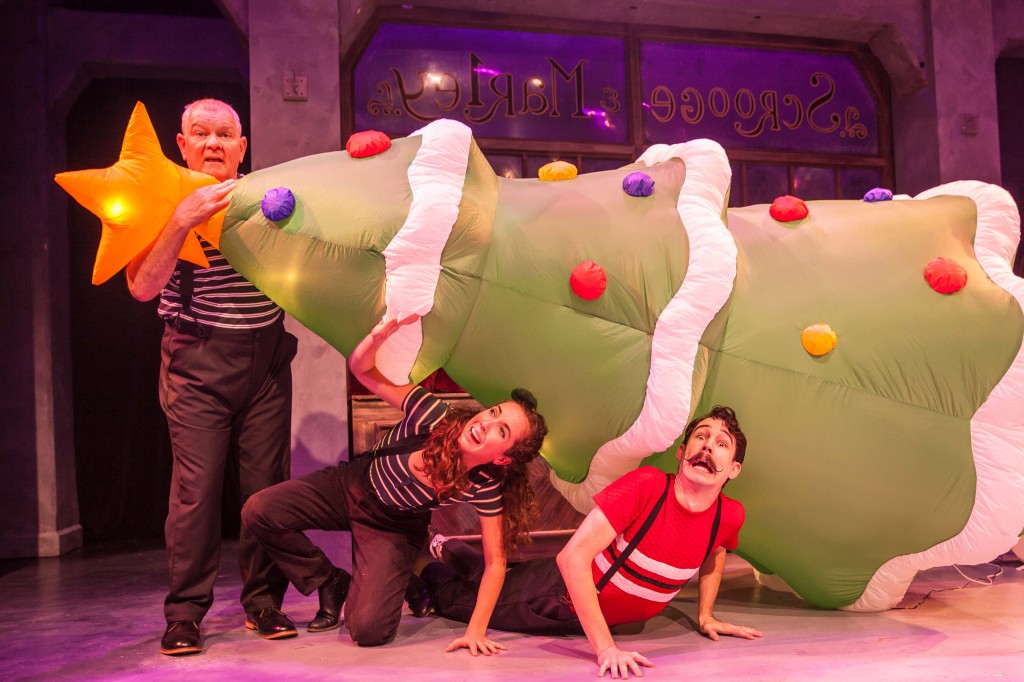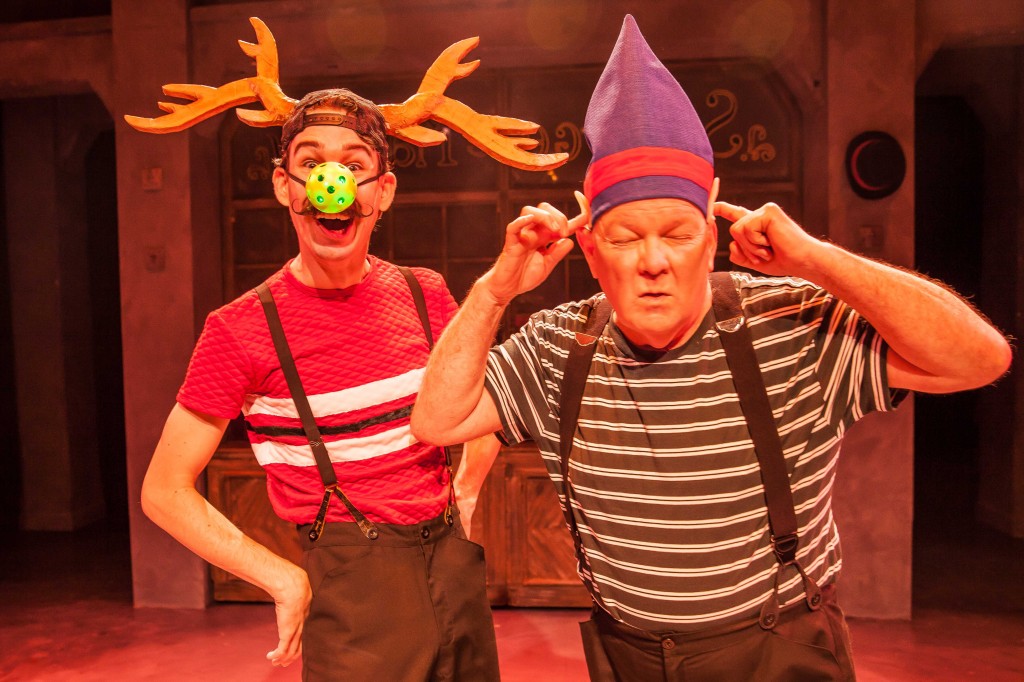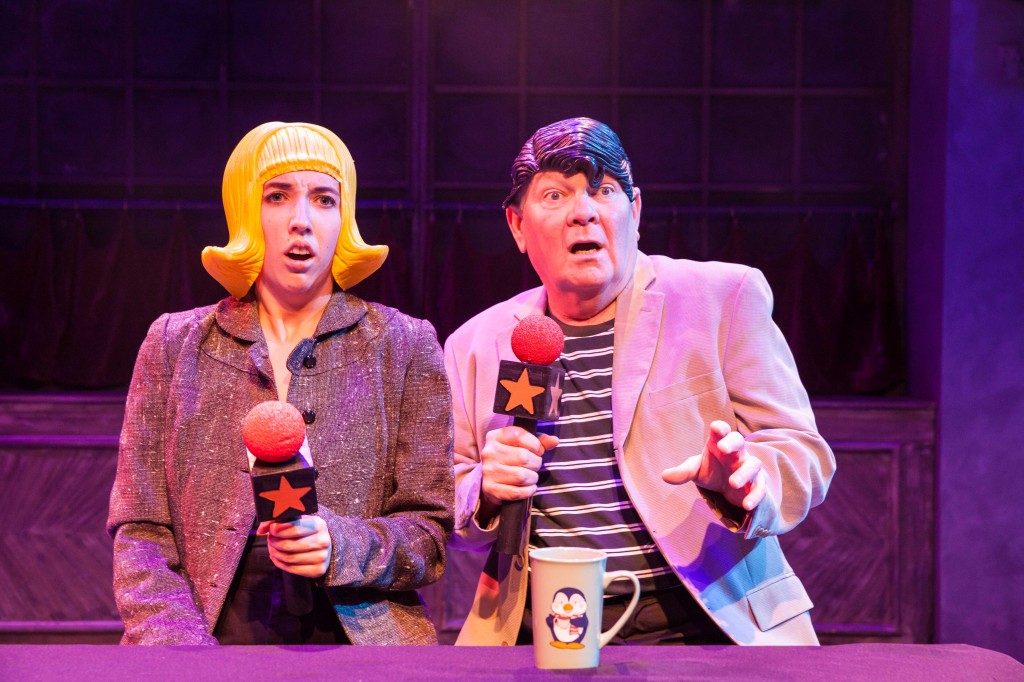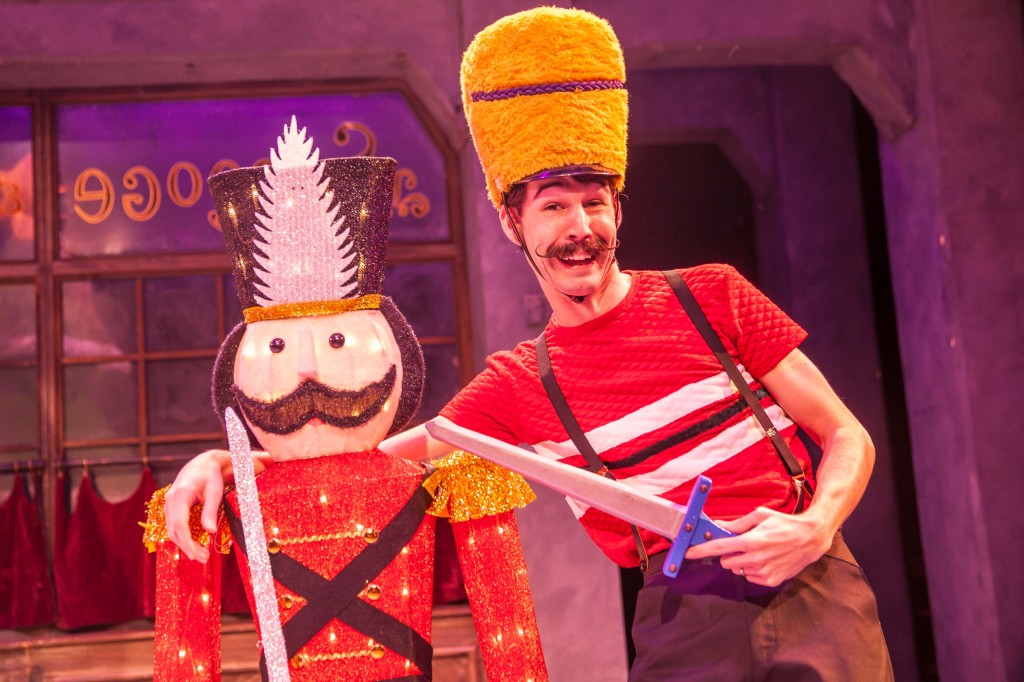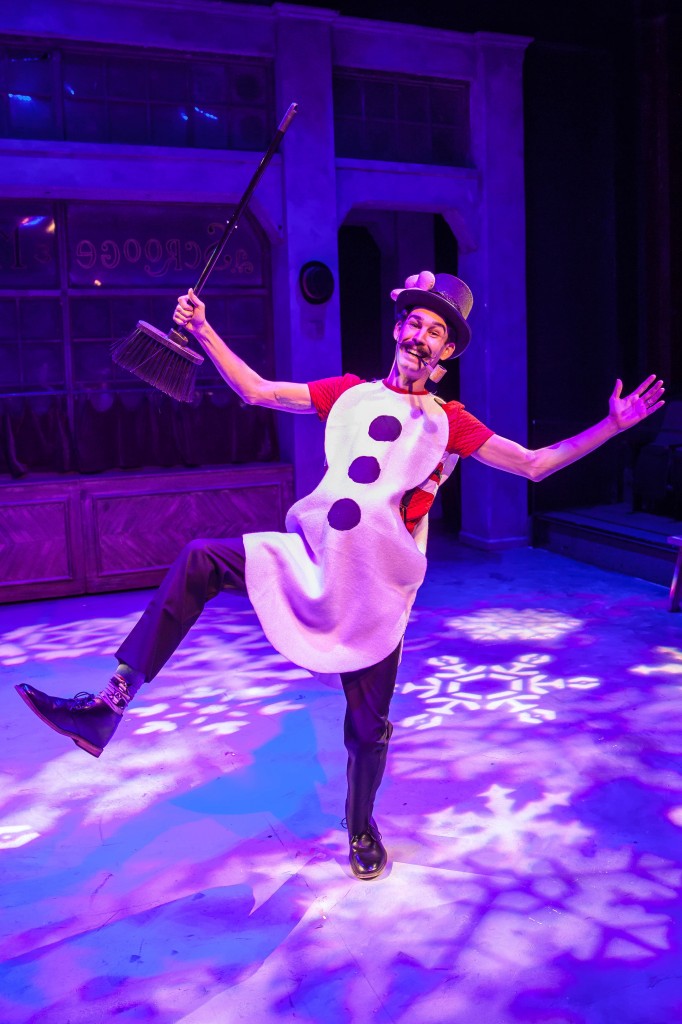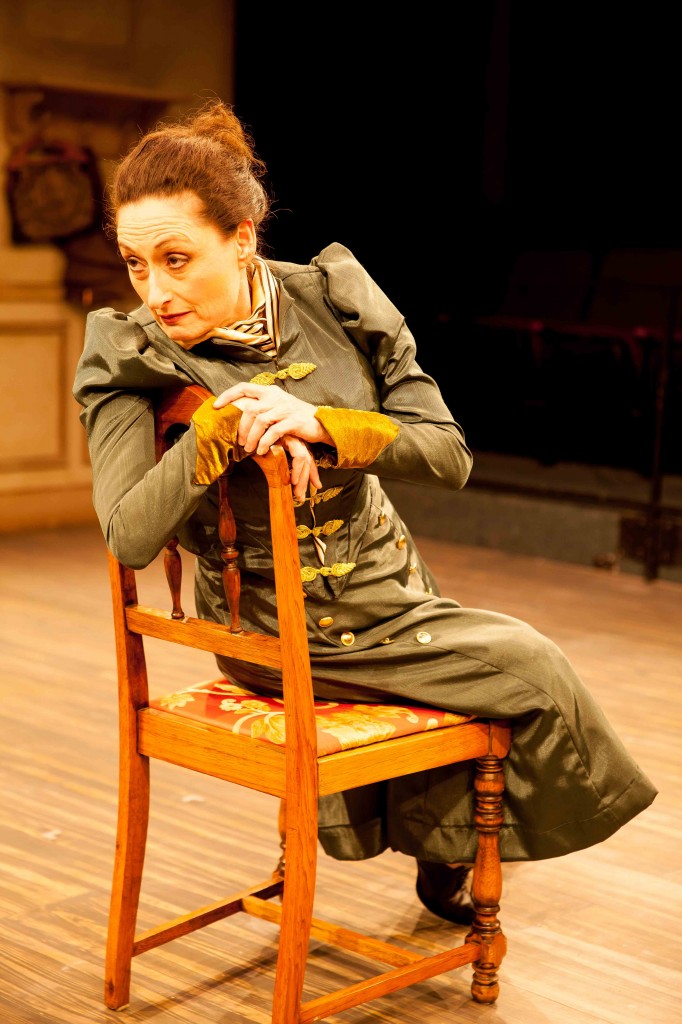 Originally published at thehipp.org.
Originally published at thehipp.org.
Rachel: To start could you tell me about yourself and your involvement with the Hippodrome theatre and the community?
Charlie: I’m Charlie Mitchell. I’ve been a professor of theatre at the university for about 9 years where I teach theatre courses and direct plays. I have been a company member for almost as long at least 5 years and have been involved with 8 Hipp productions as both an actor, director, and playwright for one show.
Rachel: What shows did you direct and write?
Charlie: I co-directed Avenue Q and that was my first experience here and I wrote and directed the Snow Queen which was a holiday show back in 2014 or 2015.
Rachel: As director of A Doll’s House, Part 2 at the Hippodrome theatre and as a playwright yourself, you have a unique perspective on what it means to take a fresh look on old tale.
Charlie: Well it’s funny that you mention this because when I was getting my masters in playwriting, in one of the exercises we had to do was to write a scene from A Doll’s House play that isn’t there. I chose one where she comes back. So, it’s so funny to me that this little exercise that I did back in playwriting school was fully realized by somebody else and, may I add, much better than I ever did. I think what the playwright has done is really amazing. I think he stays really true to the original in terms of what those characters wanted and then what they clashed over and the kind of lives they wanted to have although you’ll notice the language of course is a little more outdated.
Rachel: I was noticing that with words I won’t say right now [in A Doll’s House, Part 2]. Would you say that this twenty first century riff on the original classic represents as modern?
Charlie: I think it’s very modern. I think it asked a lot of questions about things like marriage and relationships, questions we’re all still asking ourselves. Like who do we become inside of a marriage? When you take the vows of marriage are you making a vow to this person of the moment? Are you sort of promising to love that person? Because the only constant is change, right? So you’re groom-to-be or your bride-to-be will not be the same person in the years to come. In this age of divorce people are sort of asking and answering that question for themselves a lot because we do change. We do become different. Then the play even has us asking ourselves is that even true? I used to teach this play, A Doll’s House, the original which is considered the first piece of great modern writing or playwriting. So I think it’s so funny that we are still talking about that play now. Because back in the day A Doll’s House was revolutionary. For a woman to walk out on her life and not just her husband but her children. Her role as wife and mother. When she slams the door on her way out, it was called a slam heard all around the world. How interesting to see what happens when she comes back and how these characters still have so much unfinished business.
Rachel: Do you have to have seen A Doll’s House?
Charlie: No, not at all. I think the play stands on its own. You understand right away what happened in the past. I don’t think knowing the original is necessary, although knowing the original is interesting.
Rachel: You touched on this earlier on how the audience can relate because these problems are still very current struggles that we all face within our families.
Charlie: What do we want in a relationship? What’s make or break for us? What is our role? I think you have actually four characters with very different ideas. Some traditional, some not so traditional, but all of them fighting it out to present their point of view.
Rachel: Why do you think it’s an important play for today? Why do you think people can relate to it?
Charlie: What do we owe other people? The people in our lives, can you truly shed yourself of your past? These are all questions that we all ask ourselves. Can people change? Can you become a different person? Can you lose yourself in a relationship? What is a relationship? What is a true marriage? That is what is brought up when Nora is leaving in the first one as she’s walking out on her husband and her kids which is still a big thing. For a woman to leave her husband and her children and her role as a mother. This is still, for a play written back in the 1870s, still a huge deal. So, when she comes back, she has a lot to answer for. I’ll be curious to see how audiences interpret what the character of Nora says. Are they just going to judge her on her past actions or are they going to take a hard look at why she left and have some sympathy for her reasons? It’s also very funny. That is not brought up enough. It is a very funny play. It’s a funny play about very serious people.
Rachel: Okay, it sounds like it discusses a lot of very serious subjects such as marriage and divorce.
Charlie: Well, the original A Doll’s House is not the least bit funny. But the way this is played because people are funny, and because trying to get what we want and not getting what we want is so funny, it’s a very funny play. I think people are going to find that surprising. I would be hesitant to call it fully a comedy, but I found it very funny when I read it and I know audiences have too when it has been played elsewhere. The Broadway show for example, people were howling.
Rachel: What are you excited to see happen on stage?
Charlie: Well it is very much an actor-driven show. I guess all shows are actor-driven. But I’m just excited to see the fireworks between these characters. I’m excited to see actors’ step inside these roles.
Rachel: Is there anything else you’d like to add about A Doll’s House, Part 2 at the Hipp?
Charlie: I find it more funny than dramatic when reading it. These are people very frustrated by each other and to me that is sort of the essence of comedy.



